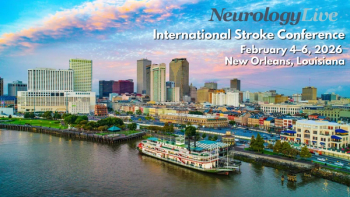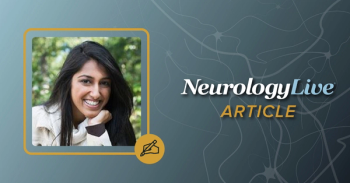
Music in Stroke Recovery
As stroke rehabilitation moves toward multimodal approaches, music therapy has shown early promise in enhancing physical and cognitive recovery in some patients.
As stroke rehabilitation has moved toward multimodal approaches, music therapy has shown early promise in enhancing physical and cognitive recovery in some patients. Surprisingly, hearing does not have to be perfect for stroke survivors to detect qualities of musical sounds, and even moderately hearing-impaired stroke survivors have benefitted from music therapy when it is part of the stroke recovery regimen.
The term “music therapy” sounds appealing, but it is a little vague. Several different types of music therapy have been tested in small research studies over the years, and objective measures of post-stroke recovery have demonstrated a positive impact on language and motor abilities.
Music and aphasia
Music therapy has been shown to
Music and motor function
Motor recovery is an unexpected outcome of music therapy. A number of studies have shown positive outcomes as evidenced by physical examination and even by fMRI imaging. A
Another
Mechanisms of stroke recovery with music therapy
As with most rehabilitative techniques, challenging and using the injured brain can improve abilities. Exactly how and why this happens on a cellular level remains unclear. There are several leading theories regarding the mechanism by which music therapy improves patient abilities in stroke recovery.
Music plays a large role in mood for many people. Musical pieces can elicit pleasant or unpleasant emotions that are rooted in life memories. The response of mood to music may be conscious or subconscious. Music that evokes memories of pleasant interpersonal connections or achievements may elevate the mood of some stroke survivors. Positive mood has been shown to play a significant role in stroke recovery.
Additionally, rehabilitative techniques are believed to augment neuroplasticity. Yet why some methods seem to have this effect is not clear. And, yet another theory is that enhanced connectivity between regions of the brain can allow stroke survivors to regain skills that were lost. There are some overlaps between this idea and that of theories surrounding neuroplasticity, but there are also some aspects of the two concepts that are independent.
Thus far, research on music therapy in stroke recovery is favorable. Given the relatively low cost of music therapy and the lack of treatment for brain injury incurred by stroke, it is an interesting option for recovering stroke patients.
References:
1. Lim KB, Kim YK, Lee HJ, et al.
2. Zhang Y, Cai J, Zhang Y, et al.
3. Ripollés P, Rojo N, Grau-Sánchez J, et al.
Newsletter
Keep your finger on the pulse of neurology—subscribe to NeurologyLive for expert interviews, new data, and breakthrough treatment updates.








